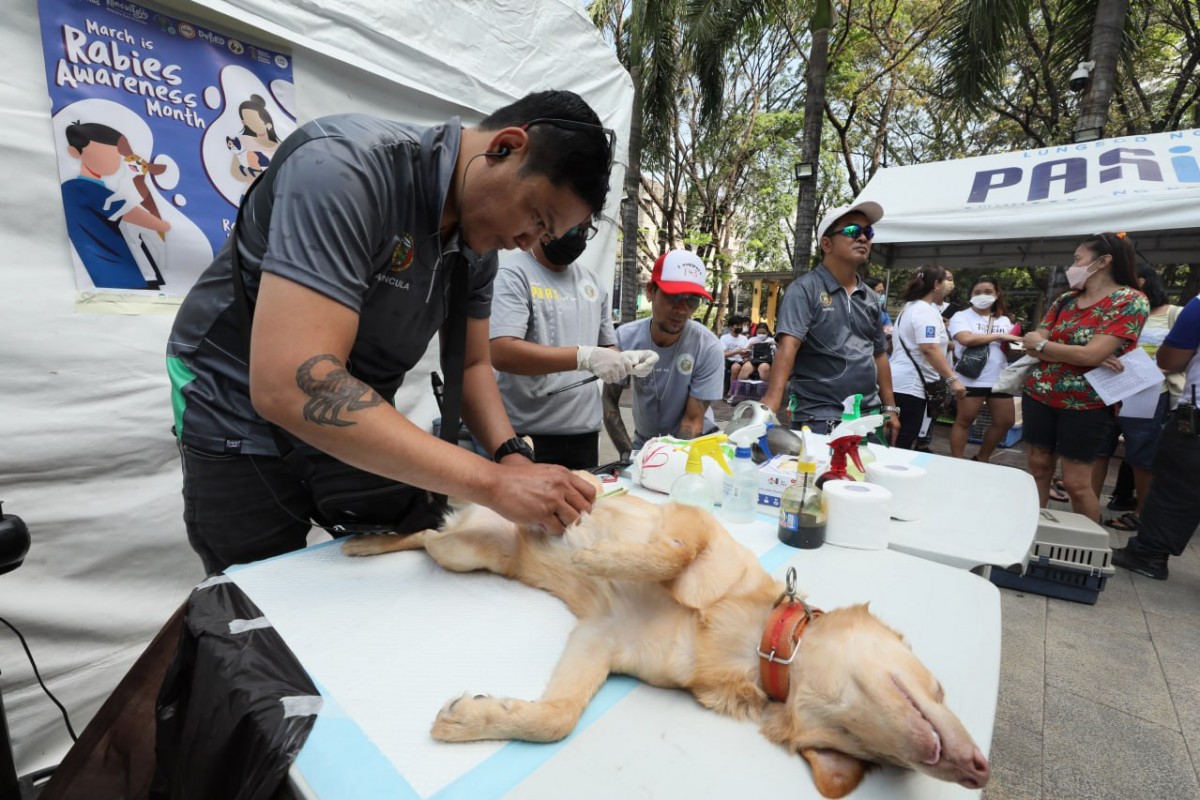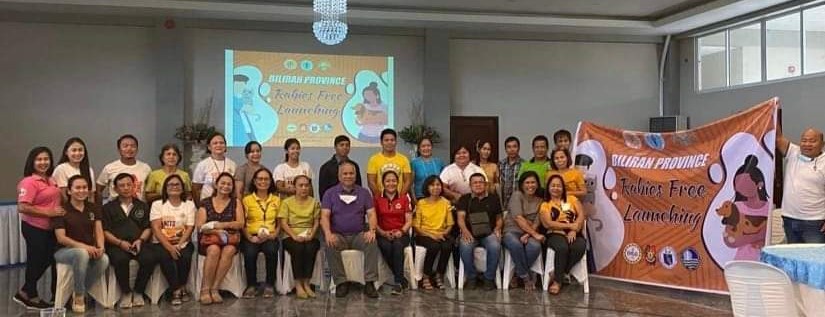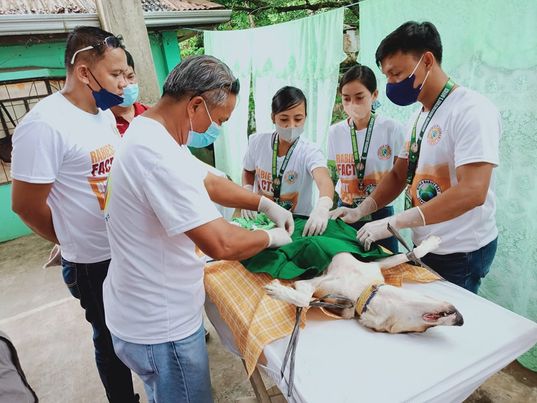QUEZON CITY -- Rabies is considered to be a neglected disease, which is 100% fatal but 100% preventable.
It is a human infection that occurs after a transdermal bite or scratch by an infected animal, like a dog or cat. It can be transmitted when infectious material, usually saliva, comes into direct contact with a victim’s wound.
It is not among the leading causes of mortality and morbidity in the Philippines but it is regarded as a significant public health problem because it is one of the most acutely fatal infections and is responsible for the death of 200-300 Filipinos annually. As a matter of fact, the Philippines is one of the top 10 countries in the world with rabies problems.
Hence, in March of every year, we raise awareness about this disease. For the coming years, starting on 2022 until 2027, the theme is “Rabies-free na pusa't aso, kaligtasan ng pamilyang Pilipino”.
The Department of Health (DOH) campaigns for the importance of prevention as the key to eliminating rabies disease in the country and advocating for everyone to be part of it. The DOH Rabies Prevention and Control Program aims to prevent and control rabies infection by providing and promoting accessible vaccines, along with rabies education and awareness to the public.
What can we do?
Be a responsible pet owner:
- Get your pets vaccinated;
- Keep pets confined. No unaccompanied pets roaming in the streets; and
- Report stray animals to local authorities.
For victims, practice the early and proper management of animal bites:
- Immediately wash the wound with soap and water for at least 10 minutes
- Disinfect the wound with alcohol or an iodine solution
- Consult a doctor and receive appropriate Post-Exposure Prophylaxis (PEP) from trained health workers and not from traditional healers
For Legislators, Local Chief Executives (LCEs), and NGO’s:
- Support a comprehensive rabies prevention and control program; and
- Enactment of and strict implementation of local rabies control ordinances.
The following strategies are also included to achieve a rabies-free Philippines:
Establishment of Animal Bite Treatment Centers by Inter-Local Health Zone;
- Training of Medical Doctors and Registered Nurses of ABTCs on the guidelines for the management of animal bite victims;
- Joint DOH-DA evaluation and declaration of Rabies-free islands;
- Integration of rabies program in the elementary curriculum since almost 50% of animal bite victims are <15 years old;
- Post-mortem review will be performed jointly by both human health workers from the provinces/cities and hospitals with cases of human rabies; and
- Support to the Department of Agriculture on dog vaccination. (KSAA - PIA CPSD)





